UK EV And PHEV Drivers Will Pay Per Mile From 2028
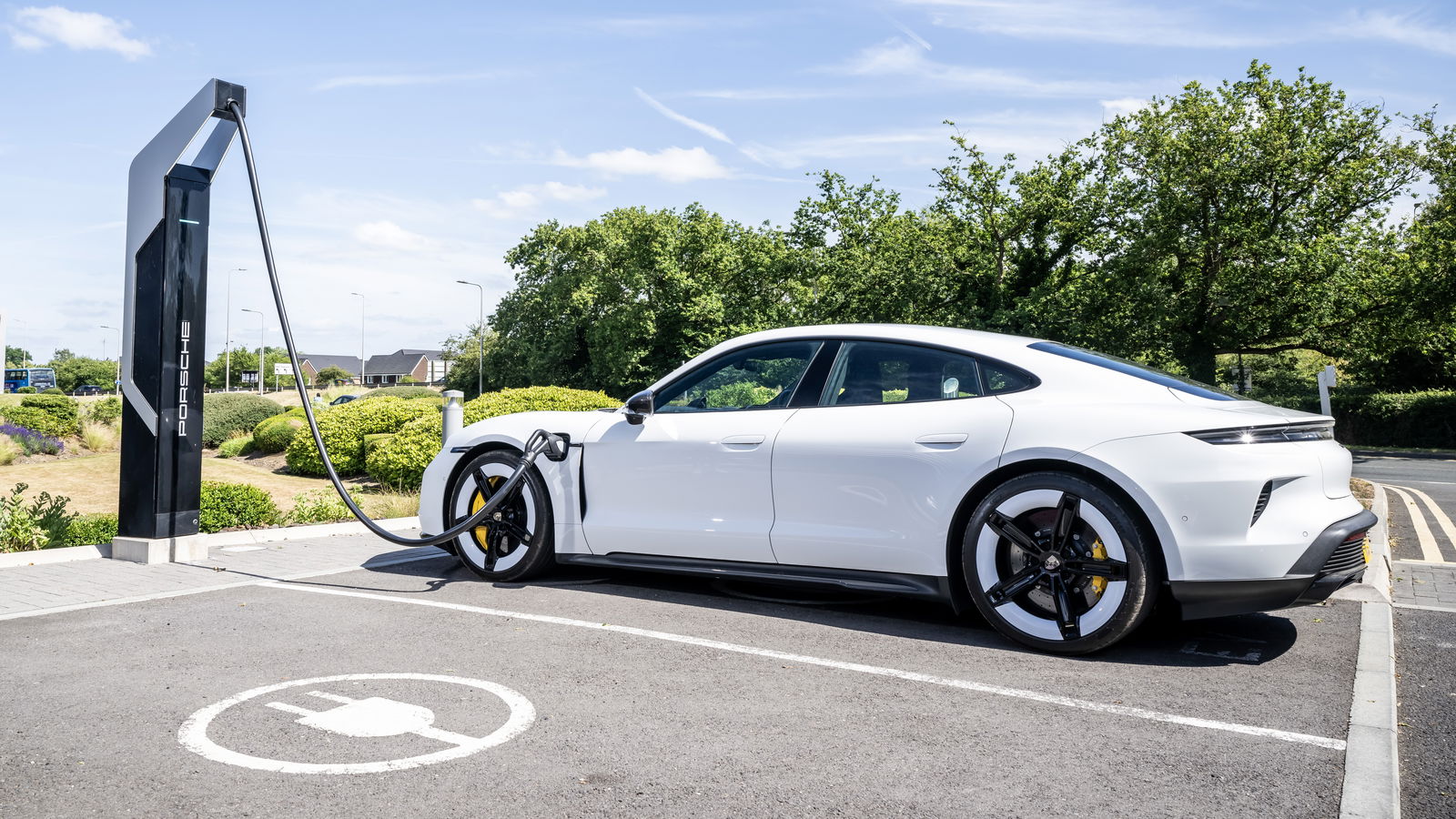
The current British government has been very vocal about wanting to speed up electric car adoption, introducing things like the EV grant scheme and currently sticking to a planned 2030 ban on the sales of pure petrol and diesel cars when much of Europe has a 2035 cutoff instead.
All this, though, would seem to fly in the face of a scheme announced as part of today’s 2025 Budget, which, from April 2028, will see drivers of electric cars and plug-in hybrids – but not combustion cars or non-plug-in-hybrids – hit with a pay-as-you-go tax for driving their cars. Not only that, but unlike previous proposals for road pricing schemes like this, the system doesn’t replace the flat rate of road tax levied on every car, but is in addition to it.
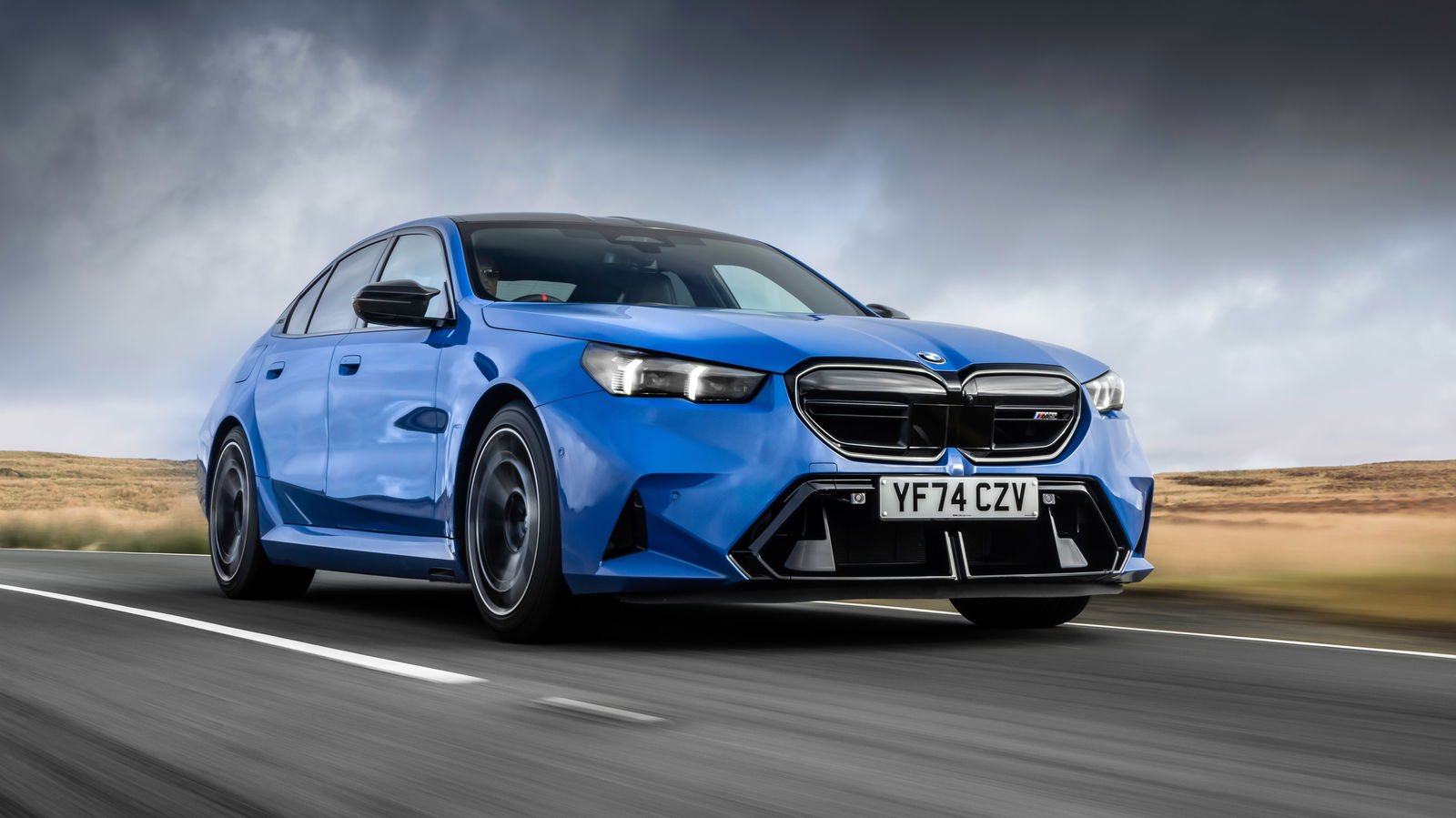
EV drivers will be slapped with a charge of 3p per mile – presumably monitored by some form of onboard telematics – while for those driving PHEVs, the rate is 1.5p per mile. That means that if someone drives their electric car a nice, round 10,000 miles in a year, they’ll have to pay an extra £300 for that year on top of their usual road tax.
Why does the government seemingly want to punish those driving the very sorts of vehicles they’ve been trying to encourage people to buy? The logic is that it’ll claw back lost revenue from fuel duty as more drivers make the switch from combustion cars to EVs – around £1.1 billion in the first year, predicts the Office for Budget Responsibility (OBR).
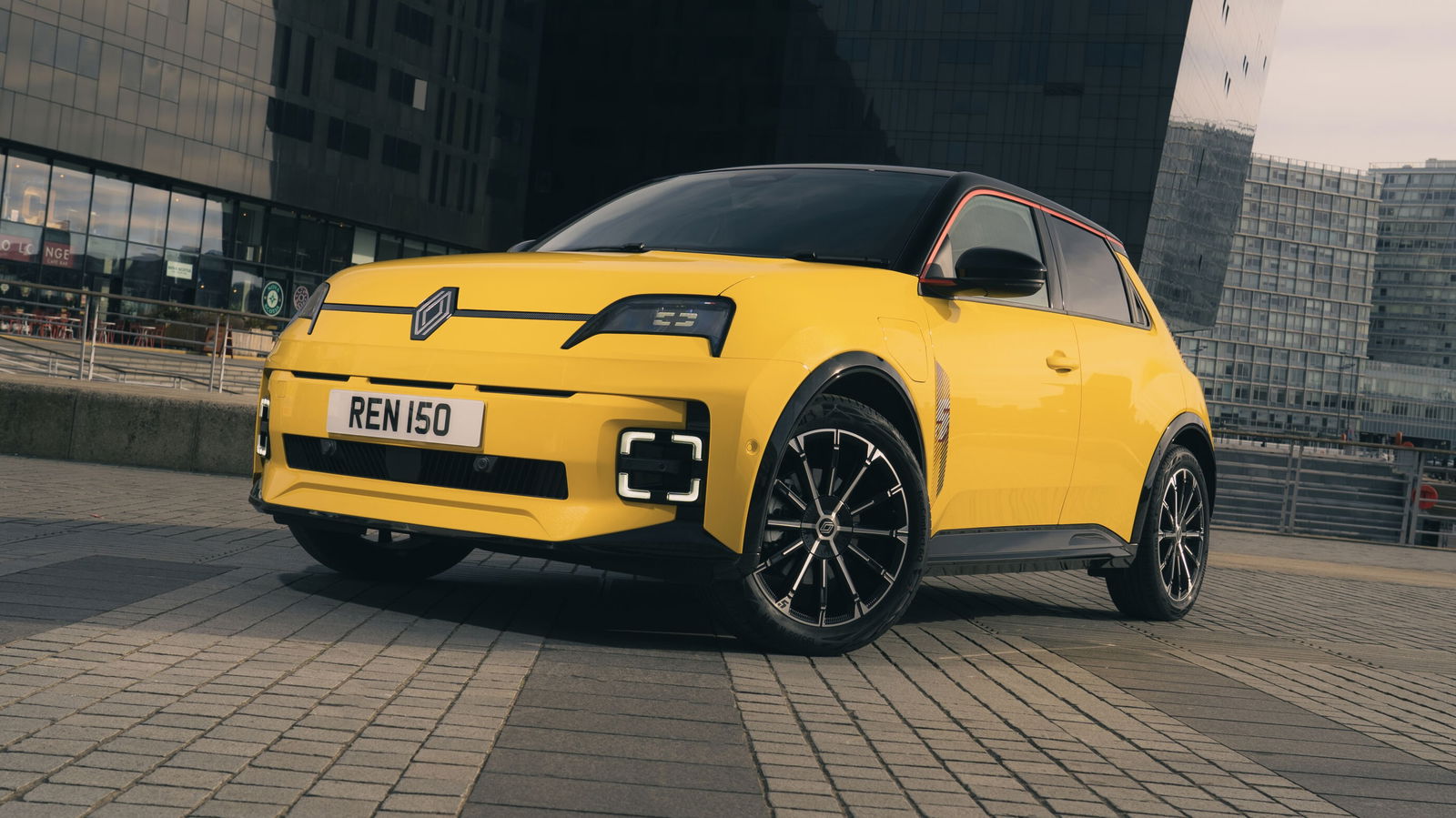
However, the OBR also openly admits that the tax will drive down demand for electric cars too, potentially costing the industry up to 440,000 sales between now and 2031. It’s hoped that some of this loss will be offset by increased sales through the EV grant. Regardless of the intentions, it seems an odd step, especially when the government is asking carmakers to have an 80 per cent sales mix of full EVs by 2030 or risk heavy fines.
However, the alternative was likely a heavy increase in fuel duty, which will leave those driving petrol and diesel cars feeling relieved. It’s not all good news for them, though – the Budget also brought news that the frozen 52.95p fuel duty introduced in 2022 will be unfrozen in spring next year, potentially leading to a rise in fuel costs too.
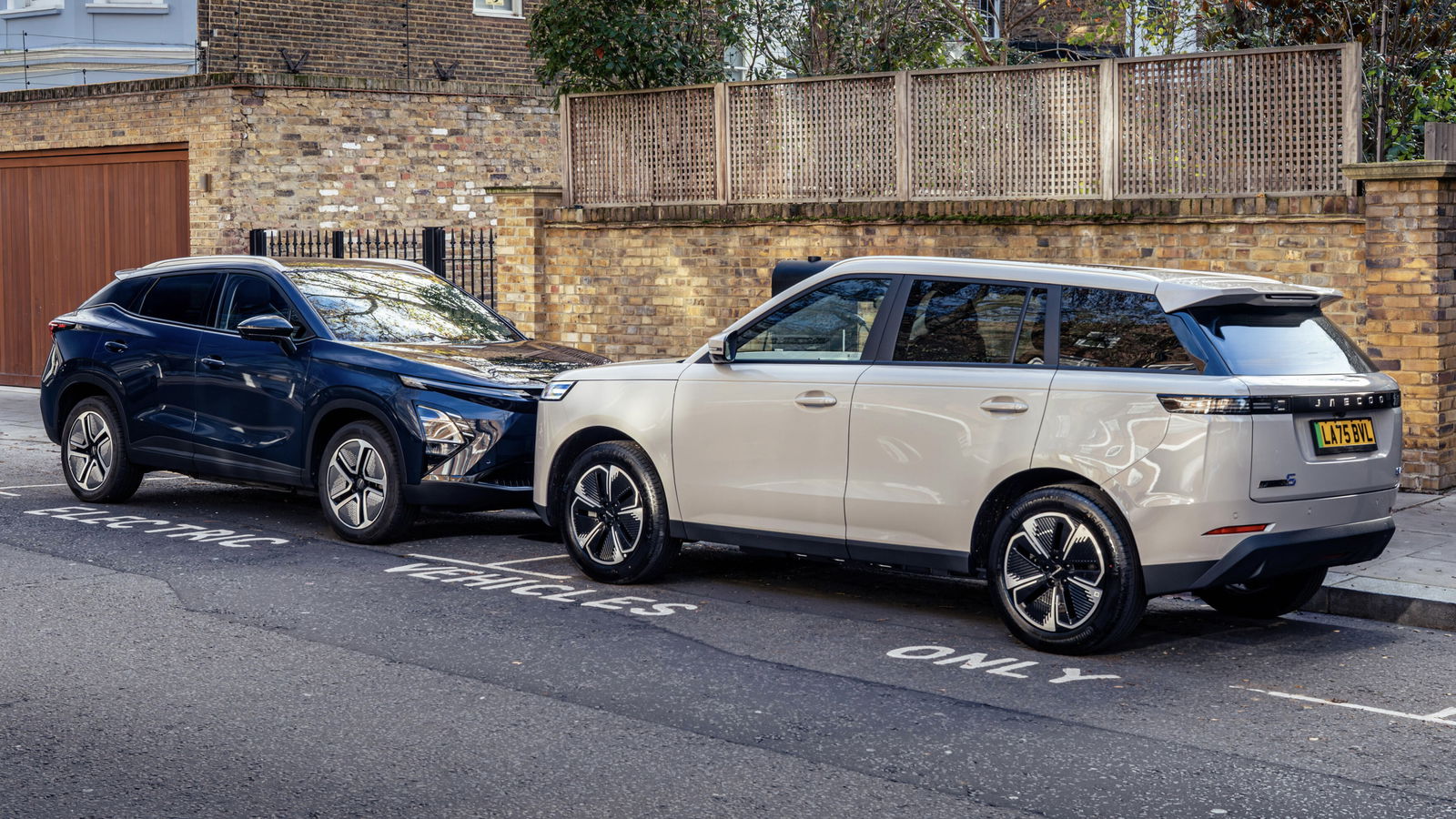
We’ll have at least a couple of years to wait to see if all of this has any effect on the kinds of car people are buying, and how manufacturers respond. Already, Chinese newcomers Omoda and Jaecoo have announced an offer that’ll knock £600 – the equivalent of 20,000 miles of driving – off the list price of the Jaecoo E5 and Omoda E5 EVs (confusingly, entirely different cars despite sharing the same parent company and model name).
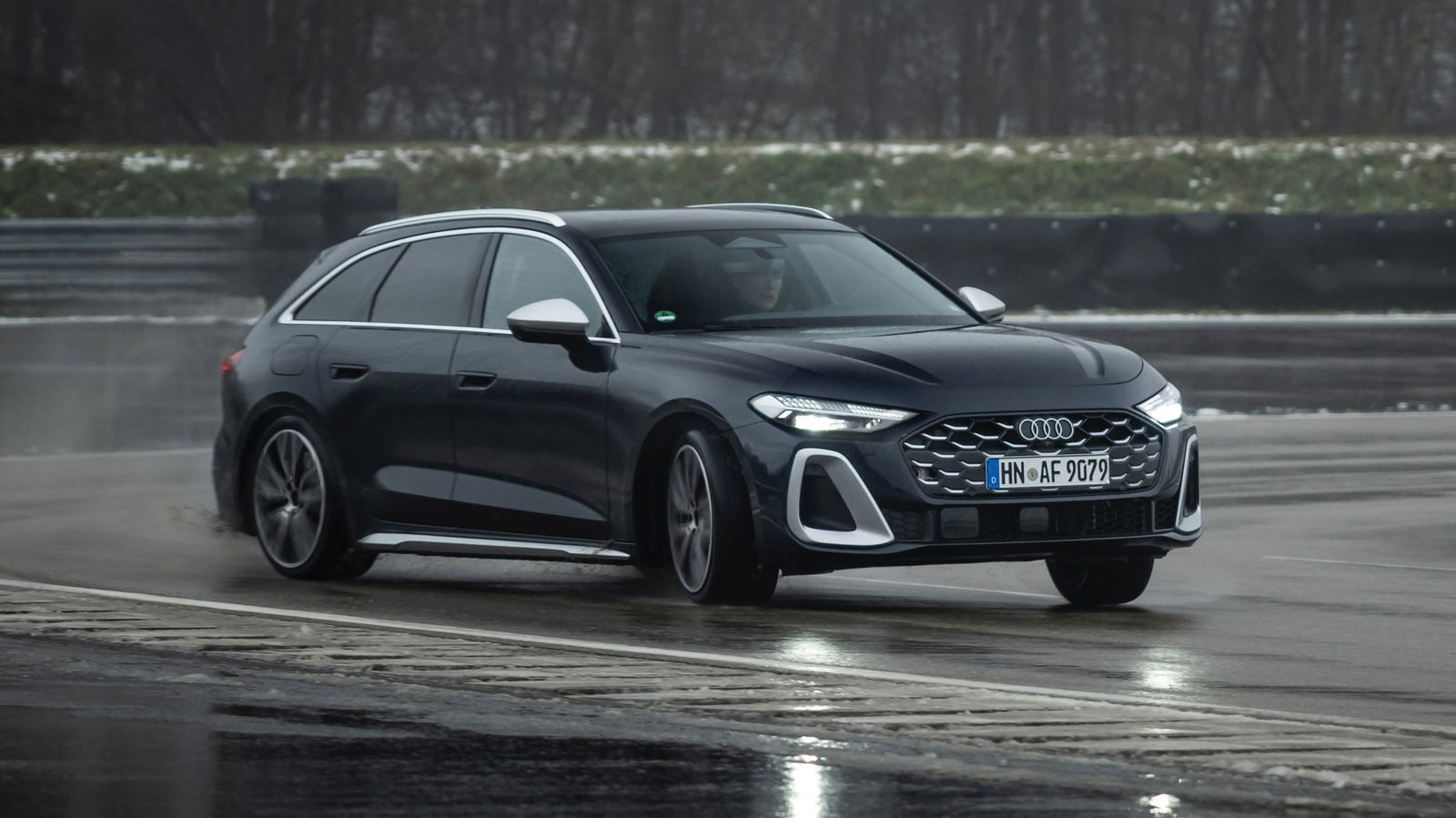


Comments